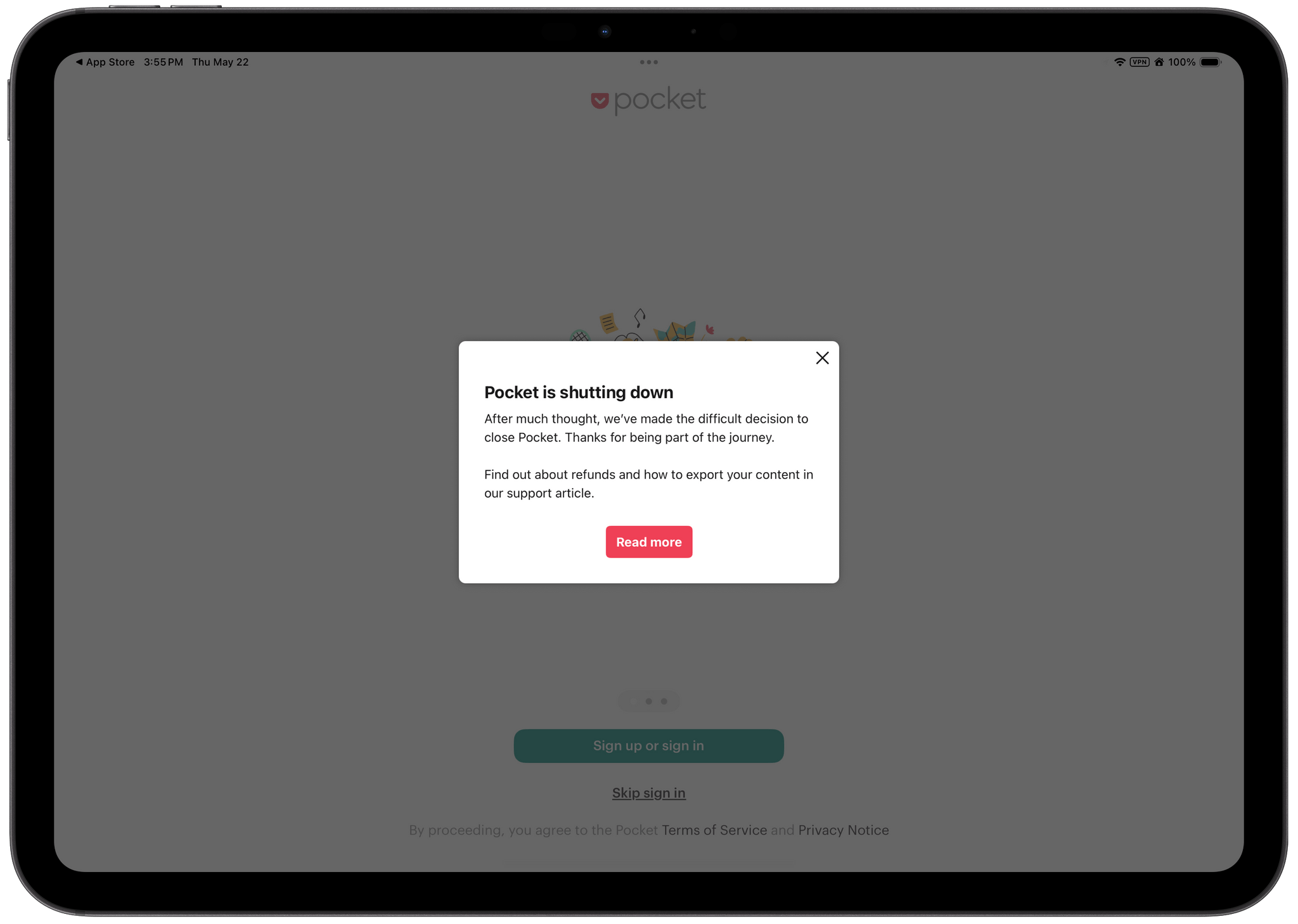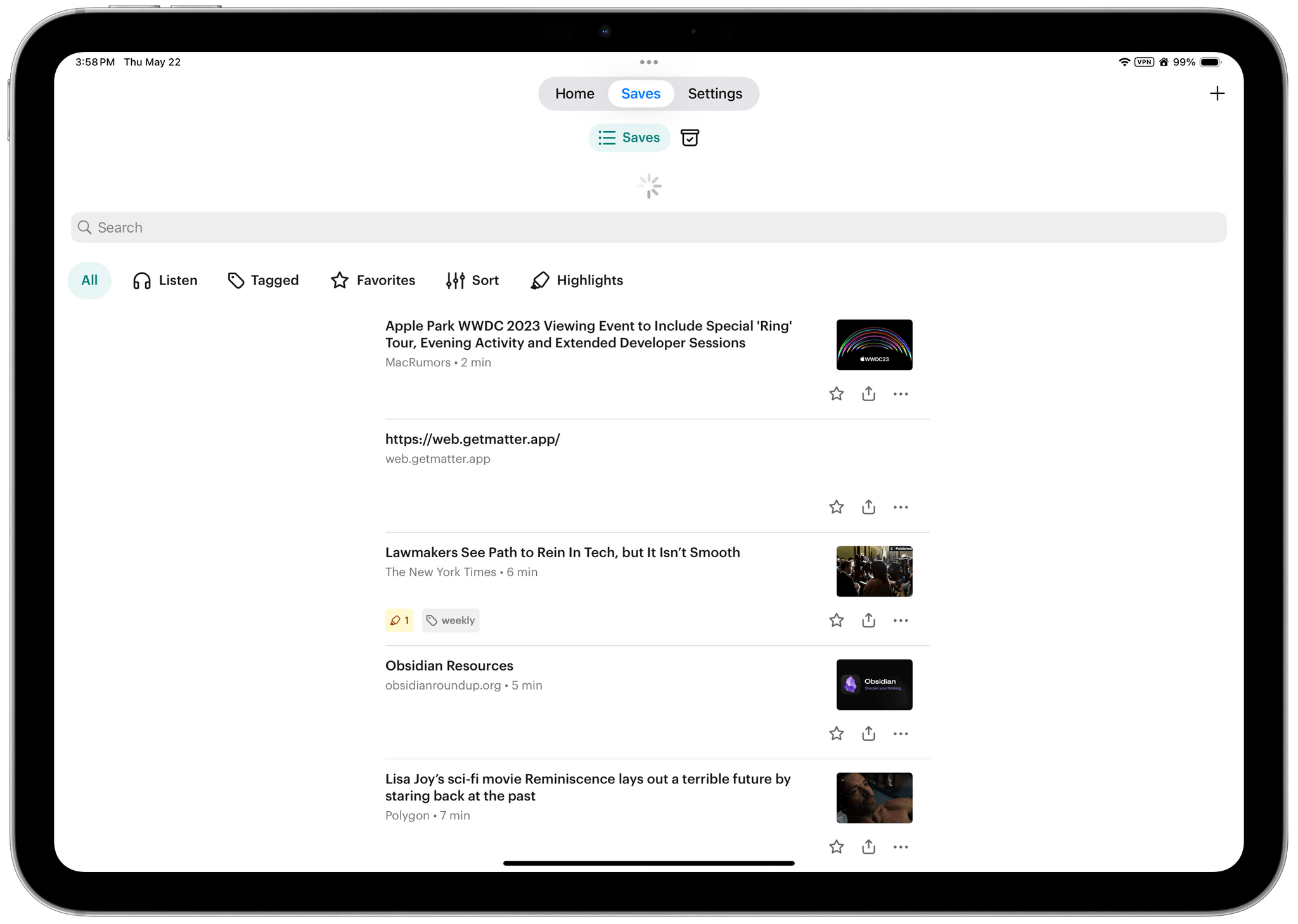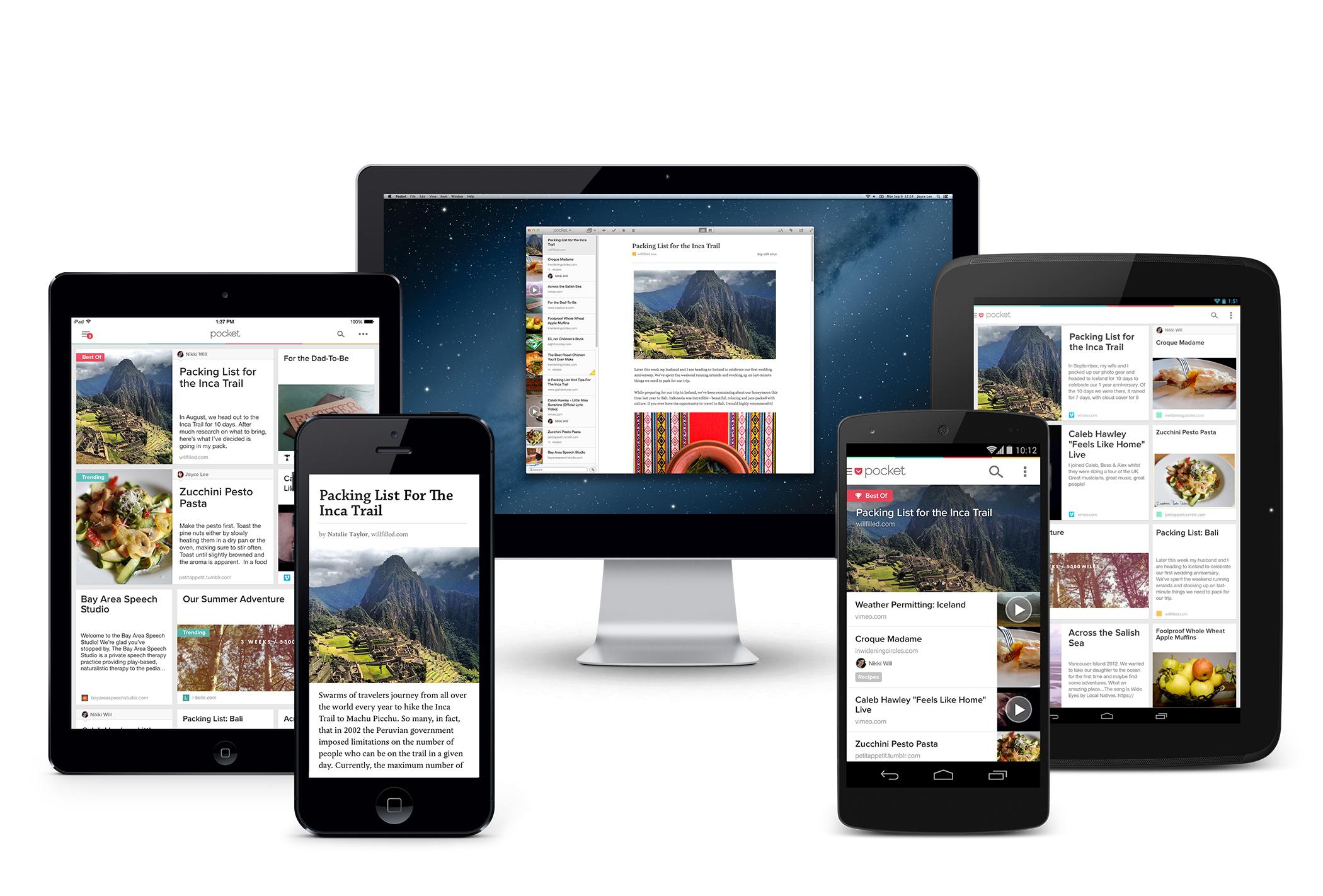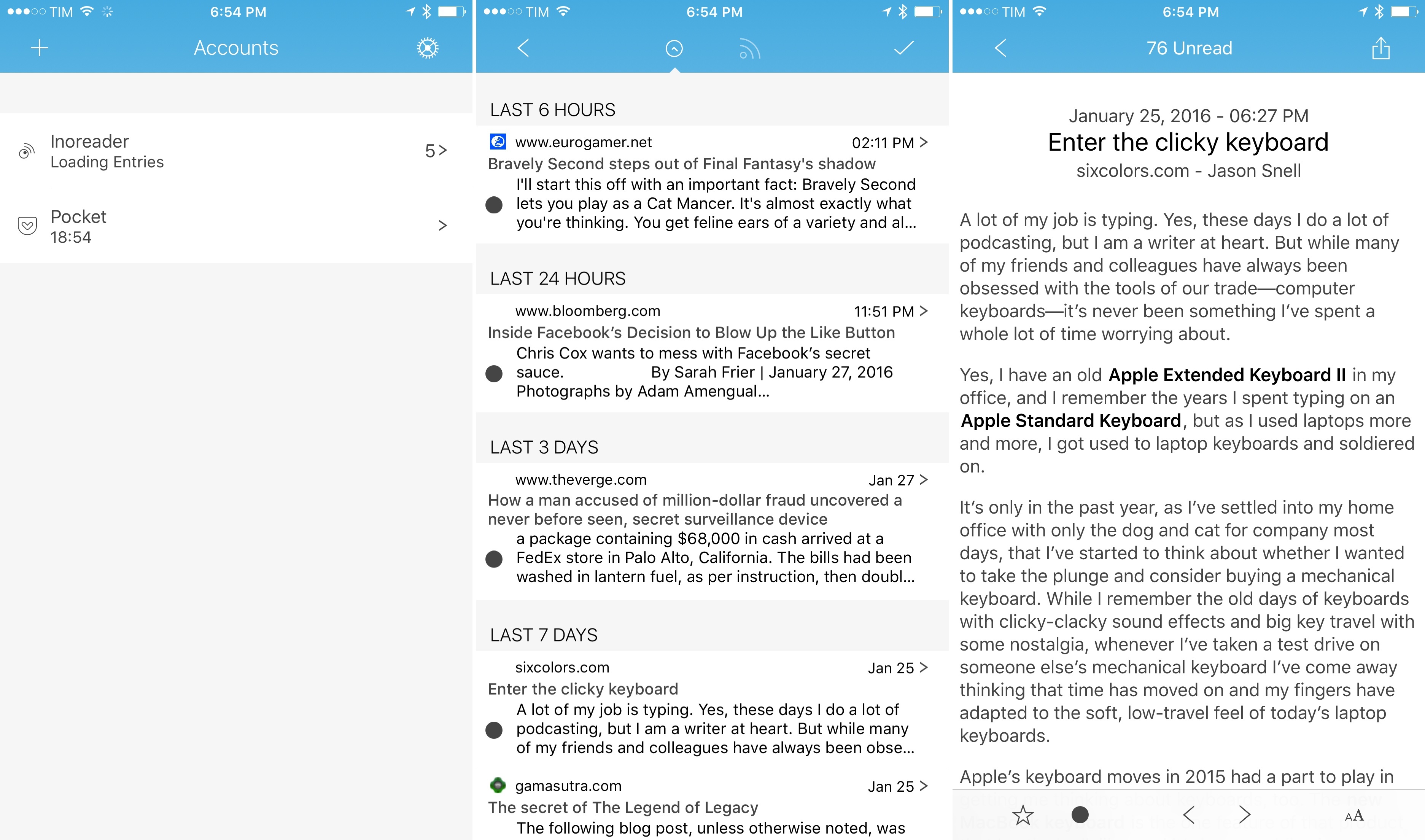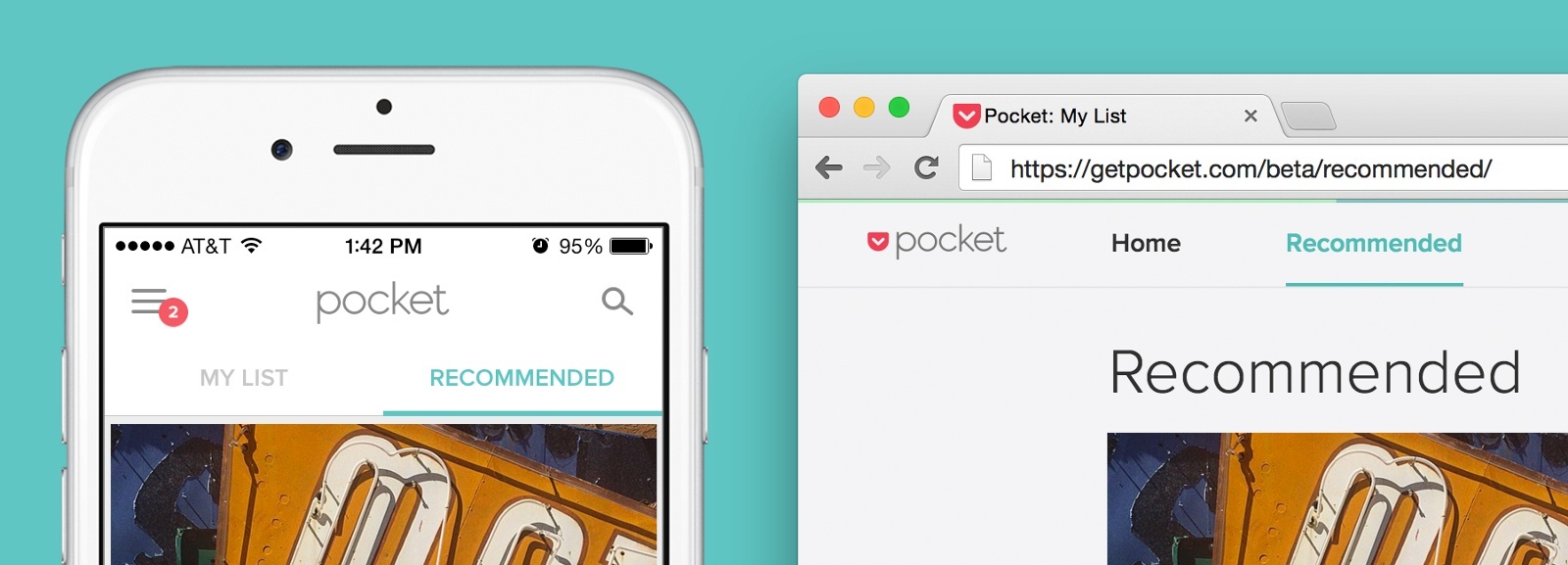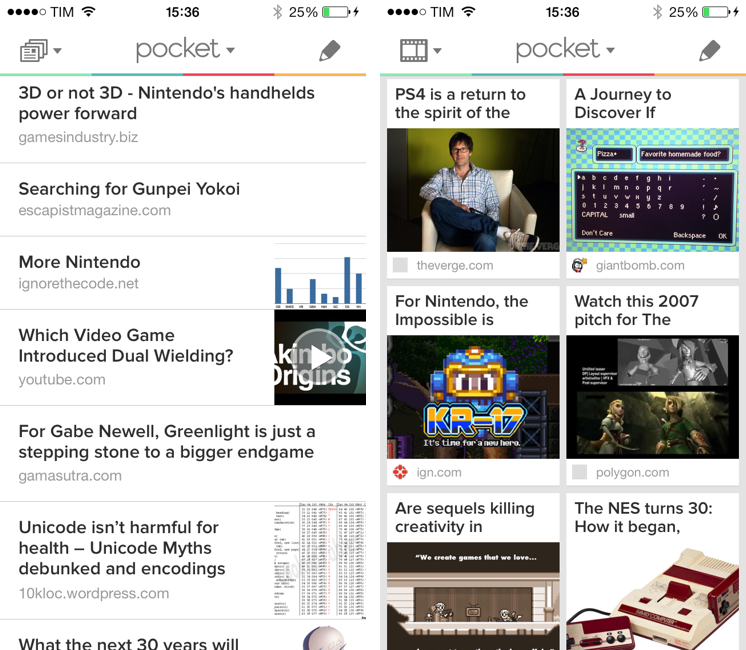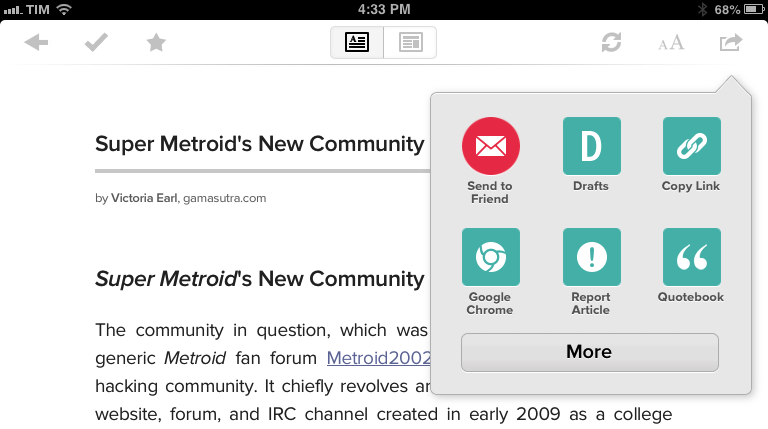Today, Mozilla announced in a support document that it will soon end development of Pocket, its read-later app that’s been around since the early days of the App Store:
We’ve made the difficult decision to shut down Pocket on July 8, 2025. Thank you for being part of our journey over the years—we’re proud of the impact Pocket has had for our users and communities.
I never like to see an app that people rely on go, but I’m not surprised that Mozilla has pulled its support for Pocket either. The app evolved rapidly in the early days when it was called Read It Later and competing fiercely with Instapaper. But that rivalry burned itself out years ago, and after Mozilla purchased Pocket, it seemed adrift.
Recently, Mozilla laid off 30% of its workforce and Pocket faced new competition from the likes of Matter and Readwise Reader, which entered the fray with new ideas about what a read-later app could be. As I wrote in my first review of Matter:
Apps like Instapaper and Read It Later, which became Pocket, pioneered saving web articles for later. The original iPhone ran on AT&T’s EDGE mobile network in the U.S. and coverage was spotty. Read-later apps saved stripped-down versions of articles from the web that could be downloaded quickly and read offline when EDGE was unavailable. The need to save content offline because of slow and unreliable mobile networks is far less pressing today, but collecting links and time-shifting reading remains popular.
Today, read-later apps like Readwise are more focused on research, integrating with note-taking systems, and leveraging AI. There’s still a place for simpler solutions such as GoodLinks, which is one of my personal favorites, but given the existential threat Mozilla currently faces, ending Pocket was probably the right choice.


